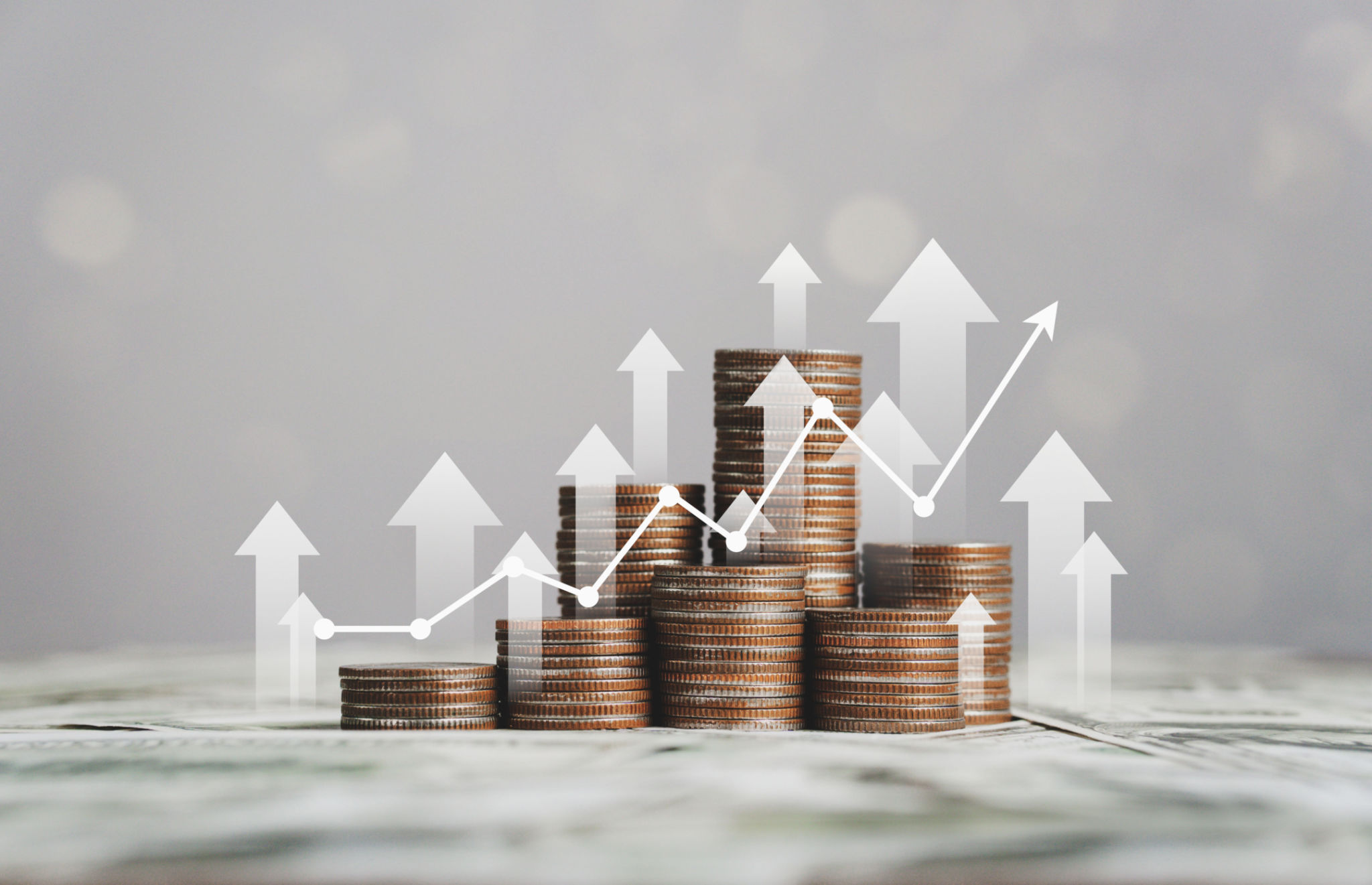How to Leverage Bankcards for Better Credit Scores
Understanding Bankcards and Credit Scores
Bankcards, such as credit and debit cards, can play a pivotal role in building and maintaining a healthy credit score. A credit score is a numerical representation of your creditworthiness, which lenders use to evaluate the risk of lending money to you. Leveraging bankcards wisely can be a powerful strategy to improve or maintain your credit score.
One of the key components of a credit score is credit utilization, which is the ratio of your current credit card balances to your credit limits. Managing this ratio effectively can boost your score significantly. Let's explore how you can use bankcards to enhance your credit standing.

Keep Your Credit Utilization Low
Credit utilization accounts for about 30% of your credit score, making it a crucial factor. To optimize this, aim to keep your credit card balances below 30% of your total available credit. This demonstrates to lenders that you are using your credit responsibly without relying too heavily on it.
One effective way to manage credit utilization is by spreading your expenses across multiple cards rather than maxing out a single one. This approach helps maintain a lower utilization rate on each card, which positively impacts your overall score.
Pay Your Bills on Time
The most significant factor in your credit score is your payment history, accounting for 35%. Late payments can drastically hurt your score, so it's crucial to pay all your bankcard bills on time. Setting up automatic payments or reminders can help ensure you never miss a due date.

If you've missed payments in the past, take corrective action by paying off outstanding debts and maintaining a consistent payment schedule moving forward. Over time, these efforts will reflect positively on your credit report.
Increase Your Credit Limit
Requesting an increase in your credit limit can be a strategic move to improve your credit utilization ratio. With a higher limit, you can potentially lower your overall utilization rate, even if your spending remains the same. However, it's important to exercise caution and not view this as an opportunity to spend more.
Before requesting a limit increase, make sure you have a solid track record of on-time payments and responsible card usage. Lenders are more likely to approve increases for customers who demonstrate financial responsibility.

Monitor Your Credit Reports
Regularly checking your credit reports allows you to stay informed about your credit standing and identify any discrepancies or fraudulent activities. You are entitled to one free credit report per year from each of the three major credit bureaus: Equifax, Experian, and TransUnion.
Review these reports carefully and dispute any inaccuracies you find. Correcting errors can lead to immediate improvements in your credit score. Additionally, monitoring your reports helps you track the impact of the strategies you're implementing.
Use Bankcards with Caution
While bankcards are valuable tools for building credit, they can also lead to debt if not used carefully. It's essential to stay within your budget and avoid unnecessary purchases. Treat your bankcards as financial tools rather than sources of additional income.
By maintaining a disciplined approach to card usage, you can harness their benefits without falling into the trap of revolving debt. Consistency and discipline are key to leveraging bankcards effectively for better credit scores.
